In recent years, the Party and State have paid attention to the practice of thrift and the fight against waste, clearly demonstrated in the Resolutions, conclusions, and Directives of the Party Central Committee on practicing thrift, fighting against waste, and legal regulations in various fields.
Recently, the Government has requested to focus on a number of areas such as state budget management, focusing on effectively implementing the policy mechanisms in the Law on amending and supplementing a number of articles of the Securities Law; Accounting Law; Independent Audit Law; State Budget Law; Law on Management and Use of Public Assets; Tax Management Law; National Reserve Law; strengthening the practice of thrift, combating waste in the use of the state budget; thoroughly cutting down regular expenditures, non-urgent expenditures to reserve development investment expenditures, especially important and essential socio-economic infrastructure projects. Continuing to innovate the method of managing regular expenditures, increasing bidding, ordering, and budget allocation, encouraging decentralization, delegation of authority, and granting autonomy to state budget-using units. Strengthening inspection, examination, supervision and transparency in the use of regular expenditures of the state budget. Timely resolve difficulties in implementing financial mechanisms of public service units. Innovate the organizational and management system and improve operational efficiency to streamline focal points, overcome overlaps, dispersion and duplication of functions and tasks of public service units. Regarding the management and use of public investment capital, urgently implement Official Dispatch No. 112/CD-TTg dated November 6, 2024 of the Prime Minister on focusing on resolving backlog projects, stopping construction, urgently implementing, completing and putting into use to prevent waste and loss. Strengthen the organization of the implementation of the Law on Public Investment, speed up investment preparation, resolutely cut unnecessary procedures. Review and perfect mechanisms, policies, and regulations of the law on public investment and related laws to promptly remove difficulties and obstacles and improve the efficiency of public investment. Focus on directing, urging, and further enhancing the responsibility of leaders in disbursing public investment capital. Strengthen field inspection and supervision, urge contractors and consultants to speed up progress. Timely handle difficulties and obstacles, thoroughly resolve long-standing problems to accelerate the progress of important and key national infrastructure projects and works, and avoid loss and waste. Regularly review and promptly adjust the 2024 public investment capital plan from projects that have not disbursed or are slow to disburse to projects that are capable of disbursing and need additional capital plans. Promote the application of information technology in the management, monitoring and supervision of public investment project progress.
Regarding the management and use of public investment capital, urgently implement Official Dispatch No. 112/CD-TTg dated November 6, 2024 of the Prime Minister on focusing on resolving backlog projects, stopping construction, urgently implementing, completing and putting into use to prevent waste and loss. Strengthen the organization of the implementation of the Law on Public Investment, speed up investment preparation, resolutely cut unnecessary procedures. Review and perfect mechanisms, policies, and regulations of the law on public investment and related laws to promptly remove difficulties and obstacles and improve the efficiency of public investment. Focus on directing, urging, and further enhancing the responsibility of leaders in disbursing public investment capital. Strengthen field inspection and supervision, urge contractors and consultants to speed up progress. Timely handle difficulties and obstacles, thoroughly resolve long-standing problems to accelerate the progress of important and key national infrastructure projects and works, and avoid loss and waste. Regularly review and promptly adjust the 2024 public investment capital plan from projects that have not disbursed or are slow to disburse to projects that are capable of disbursing and need additional capital plans. Promote the application of information technology in the management, monitoring and supervision of public investment project progress.  Regarding the management and use of public assets, continue to fully and seriously implement Directive No. 32/CT-TTg dated December 10, 2019 of the Prime Minister on promoting the implementation of the Law on Management and Use of Public Assets and documents detailing the implementation of the Law. In particular, focus on implementing regulations on standards, norms, and regimes for the management and use of public assets; modernize the management of public assets, build a component database to connect to the National Database on Public Assets; strengthen inspection, examination, and supervision of the management and use of public assets at agencies, organizations, and units. Ministries, branches and localities shall review all public assets, unused, ineffectively used, and improperly used offices to decide on handling according to their authority or to report to competent authorities for decision on handling according to regulations, to avoid waste or loss of state assets; synthesize the results of the review and handling and send them to the Ministry of Finance before December 8, 2024 for synthesis and reporting to the Prime Minister before December 15, 2024. Regarding the management of resources and minerals, especially land: Strengthen the application of information technology in the preparation and supervision of the implementation of land use planning and land management plans; forecast, warn, investigate, assess, respond to climate change, manage resources and protect the environment to meet the requirements of land management and international integration. Publicize and make land use planning and plans transparent according to regulations. Strengthen inspection and examination work; Review and correctly assess the current situation of projects that do not put land into use, slow progress in land use nationwide, propose solutions and measures to remove difficulties and obstacles to free up land resources, speed up project implementation, put land into economical and effective use, and promote land resources. Regarding the management of state capital and assets invested in enterprises, including completing the rearrangement and improving the operational efficiency of state-owned enterprises and enterprises with state capital, promoting the restructuring of state-owned enterprises to improve operational efficiency, financial capacity, innovate governance, technology, restructure products, industries, and production and business occupations, and improve production processes to improve competitiveness. Carry out inspection, examination, auditing, and supervision according to regulations and plans on the implementation of policies and laws on the management and use of capital and assets of state-owned enterprises. Synchronously implement administrative reform solutions. Strictly implement publicity and transparency in receiving and handling administrative procedures, minimize administrative procedures and compliance costs, create the greatest convenience for people and businesses; shift from pre-check to post-check, eliminate the "ask-give" mechanism; decentralize and delegate authority to competent agencies and localities to handle and take responsibility. Strengthen the implementation of supervision, evaluation and accountability of state agencies, cadres, civil servants and public employees in serving the people, comprehensively digitalize the implementation of administrative procedures, especially licensing activities, strongly shift to automatic licensing based on technology applications and digital data.
Regarding the management and use of public assets, continue to fully and seriously implement Directive No. 32/CT-TTg dated December 10, 2019 of the Prime Minister on promoting the implementation of the Law on Management and Use of Public Assets and documents detailing the implementation of the Law. In particular, focus on implementing regulations on standards, norms, and regimes for the management and use of public assets; modernize the management of public assets, build a component database to connect to the National Database on Public Assets; strengthen inspection, examination, and supervision of the management and use of public assets at agencies, organizations, and units. Ministries, branches and localities shall review all public assets, unused, ineffectively used, and improperly used offices to decide on handling according to their authority or to report to competent authorities for decision on handling according to regulations, to avoid waste or loss of state assets; synthesize the results of the review and handling and send them to the Ministry of Finance before December 8, 2024 for synthesis and reporting to the Prime Minister before December 15, 2024. Regarding the management of resources and minerals, especially land: Strengthen the application of information technology in the preparation and supervision of the implementation of land use planning and land management plans; forecast, warn, investigate, assess, respond to climate change, manage resources and protect the environment to meet the requirements of land management and international integration. Publicize and make land use planning and plans transparent according to regulations. Strengthen inspection and examination work; Review and correctly assess the current situation of projects that do not put land into use, slow progress in land use nationwide, propose solutions and measures to remove difficulties and obstacles to free up land resources, speed up project implementation, put land into economical and effective use, and promote land resources. Regarding the management of state capital and assets invested in enterprises, including completing the rearrangement and improving the operational efficiency of state-owned enterprises and enterprises with state capital, promoting the restructuring of state-owned enterprises to improve operational efficiency, financial capacity, innovate governance, technology, restructure products, industries, and production and business occupations, and improve production processes to improve competitiveness. Carry out inspection, examination, auditing, and supervision according to regulations and plans on the implementation of policies and laws on the management and use of capital and assets of state-owned enterprises. Synchronously implement administrative reform solutions. Strictly implement publicity and transparency in receiving and handling administrative procedures, minimize administrative procedures and compliance costs, create the greatest convenience for people and businesses; shift from pre-check to post-check, eliminate the "ask-give" mechanism; decentralize and delegate authority to competent agencies and localities to handle and take responsibility. Strengthen the implementation of supervision, evaluation and accountability of state agencies, cadres, civil servants and public employees in serving the people, comprehensively digitalize the implementation of administrative procedures, especially licensing activities, strongly shift to automatic licensing based on technology applications and digital data.Phuong Quang



![[Photo] Ho Chi Minh City: People are willing to stay up all night to watch the parade](https://vstatic.vietnam.vn/vietnam/resource/IMAGE/2025/4/29/cf71fdfd4d814022ac35377a7f34dfd1)

![[Photo] Demonstration aircraft and helicopters flying the Party flag and the national flag took off from Bien Hoa airport](https://vstatic.vietnam.vn/vietnam/resource/IMAGE/2025/4/30/b3b28c18f9a7424f9e2b87b0ad581d05)
![[Photo] Ho Chi Minh City residents "stay up all night" waiting for the April 30th celebration](https://vstatic.vietnam.vn/vietnam/resource/IMAGE/2025/4/30/560e44ae9dad47669cbc4415766deccf)


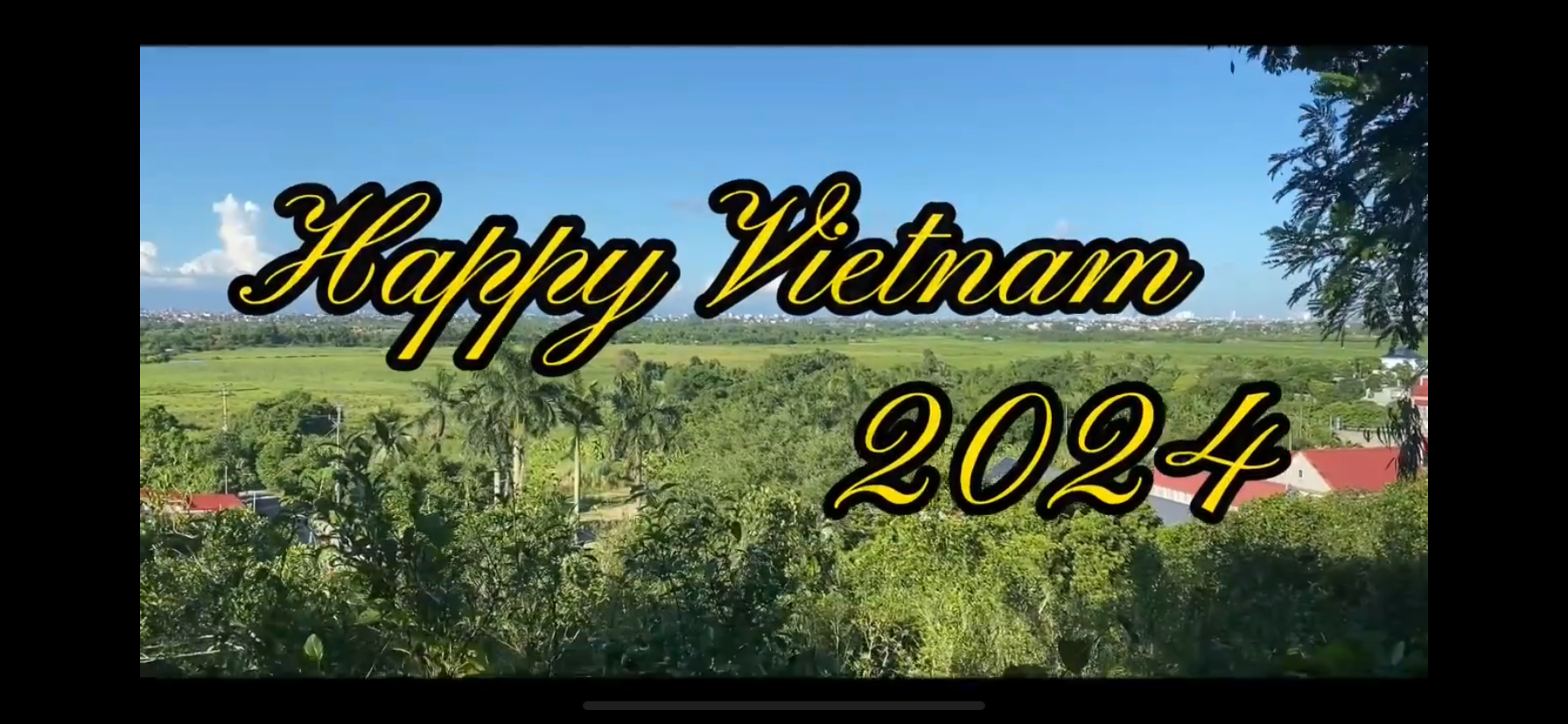
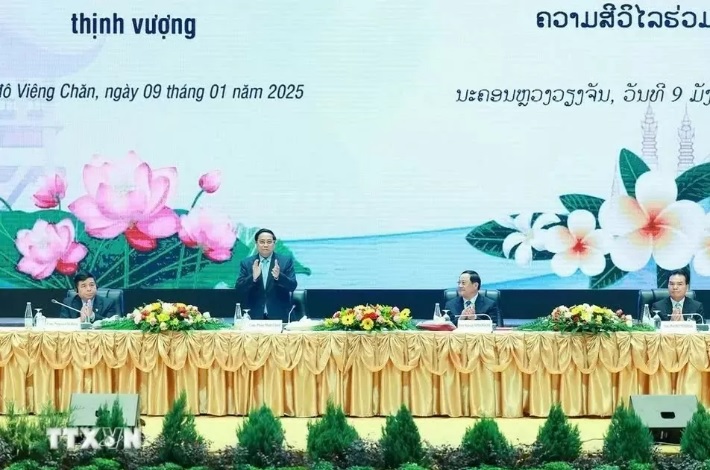
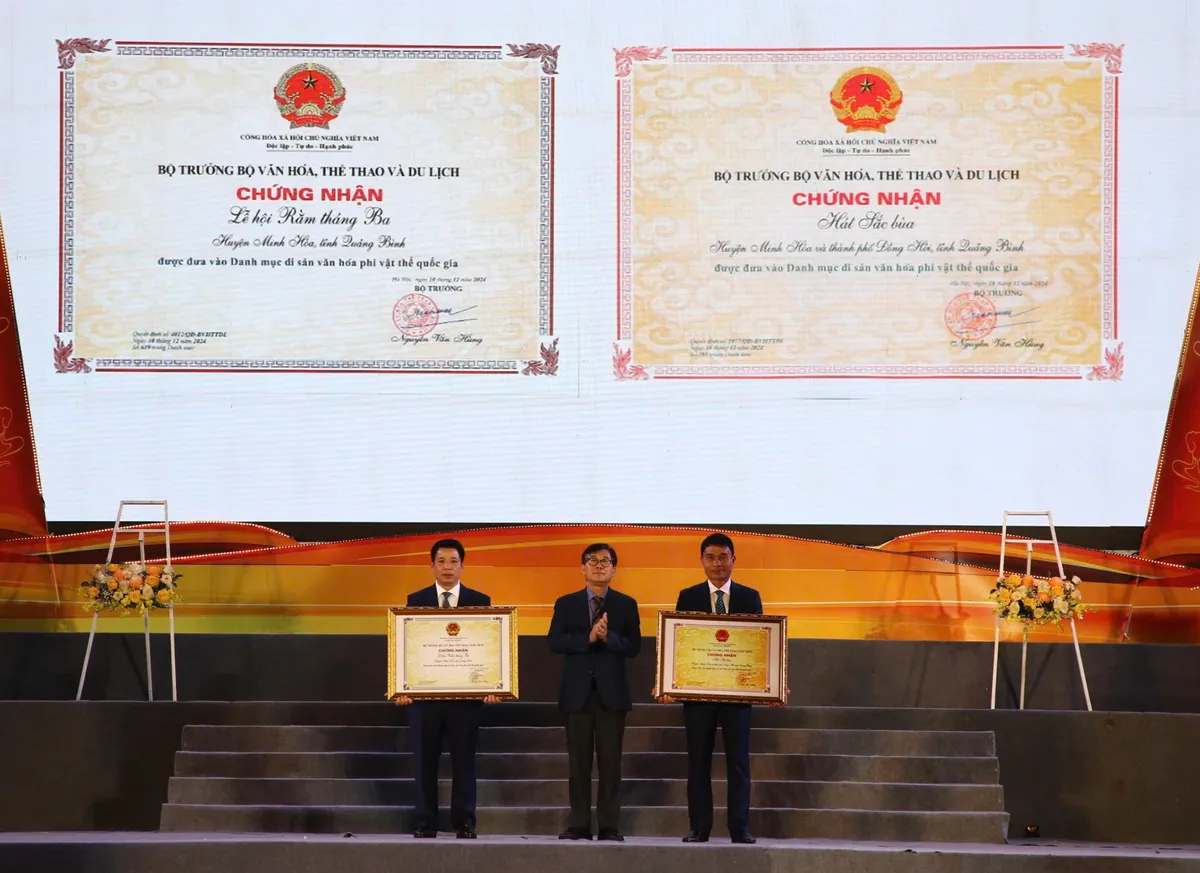






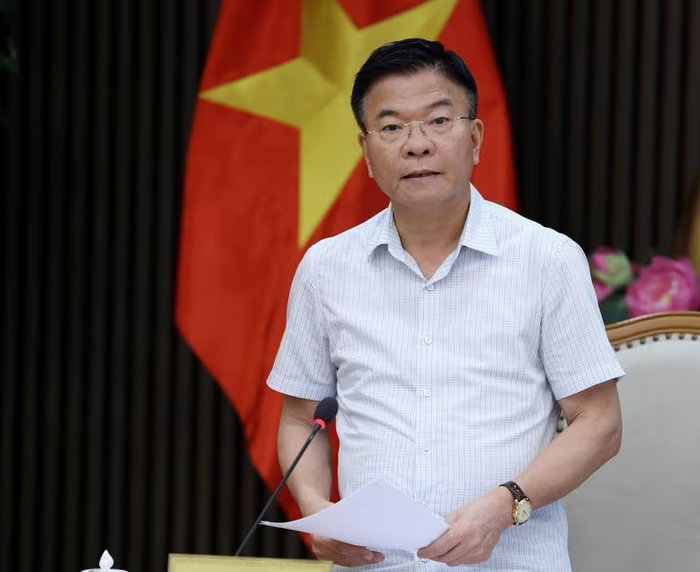
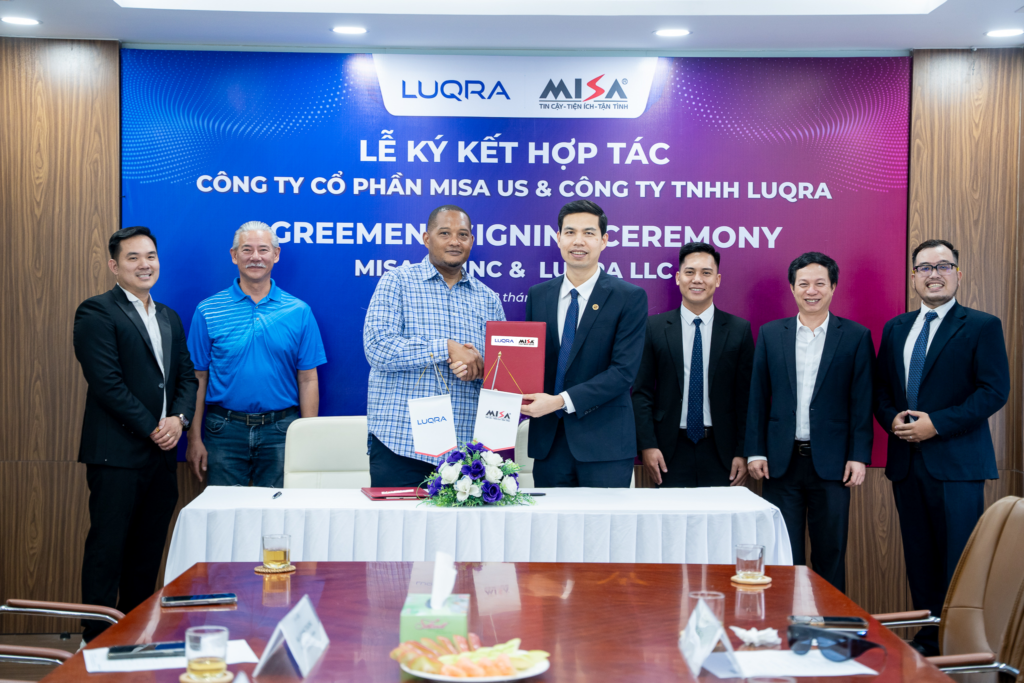
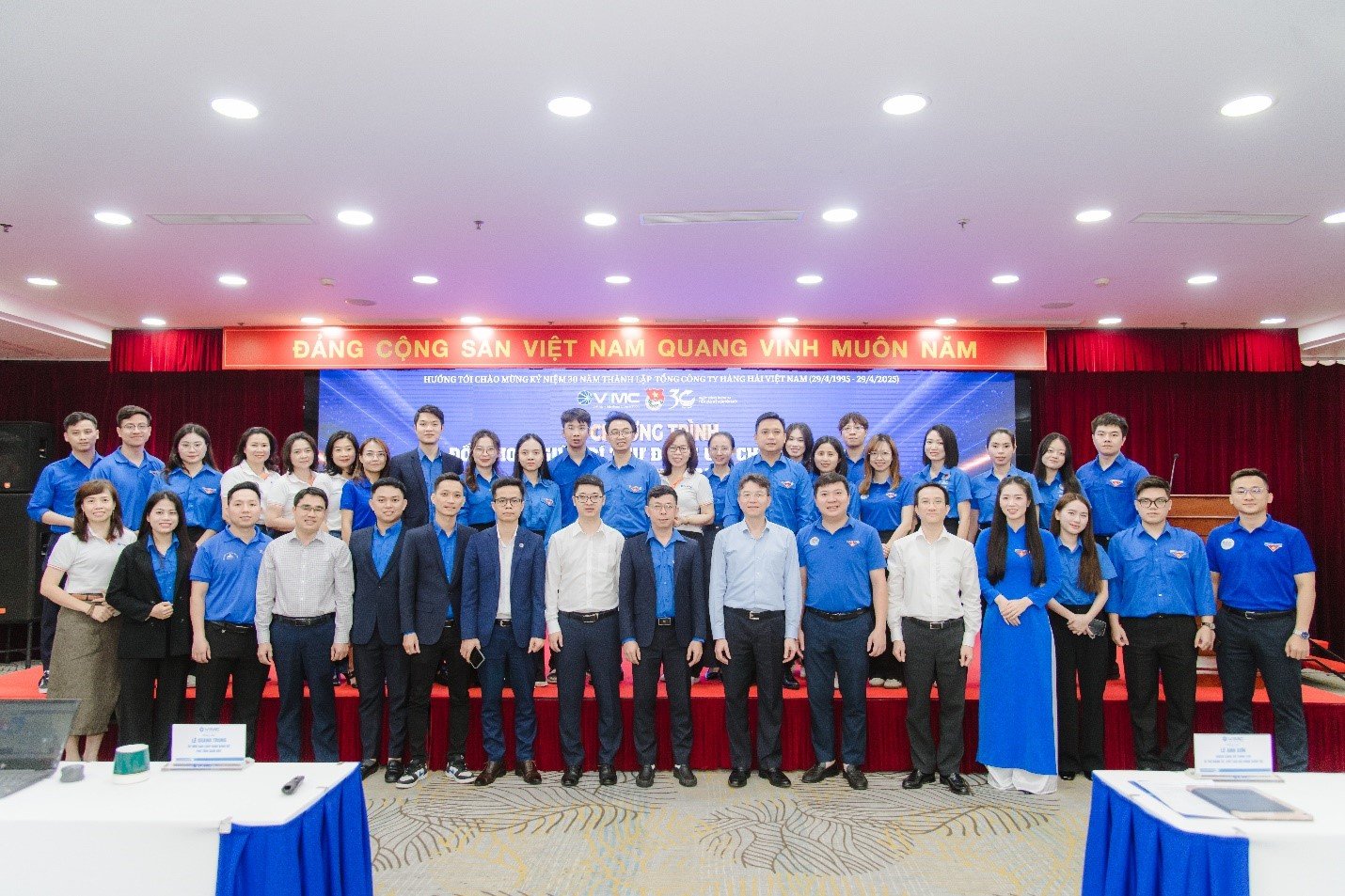


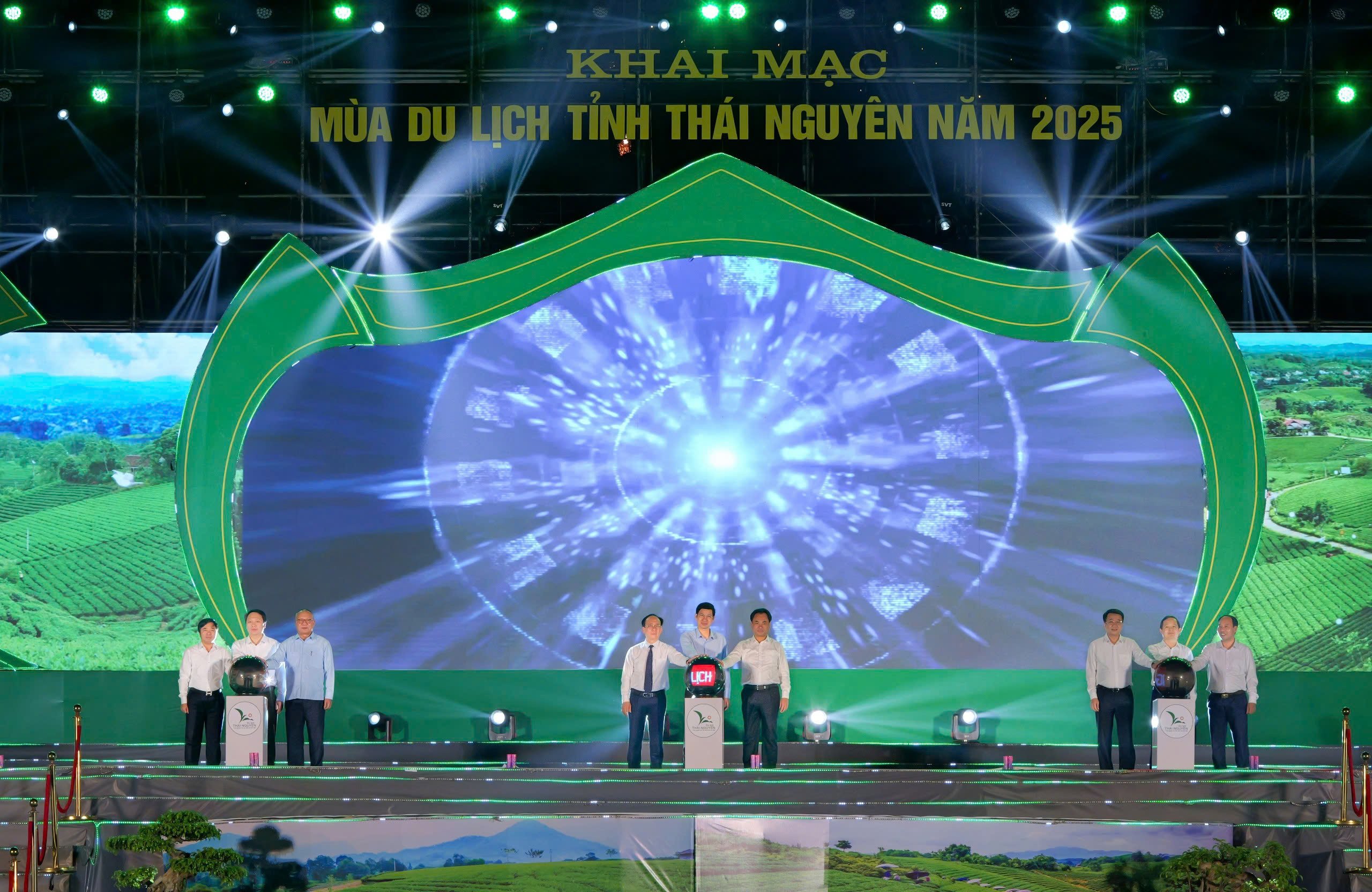
![[Photo] General Secretary attends special art program "Spring of Unification"](https://vstatic.vietnam.vn/vietnam/resource/IMAGE/2025/4/29/e90c8902ae5c4958b79e26b20700a980)
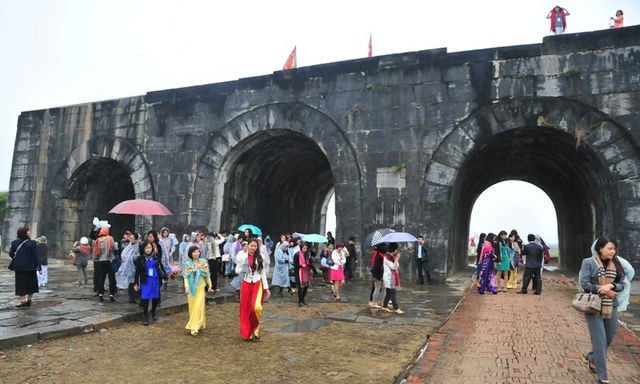













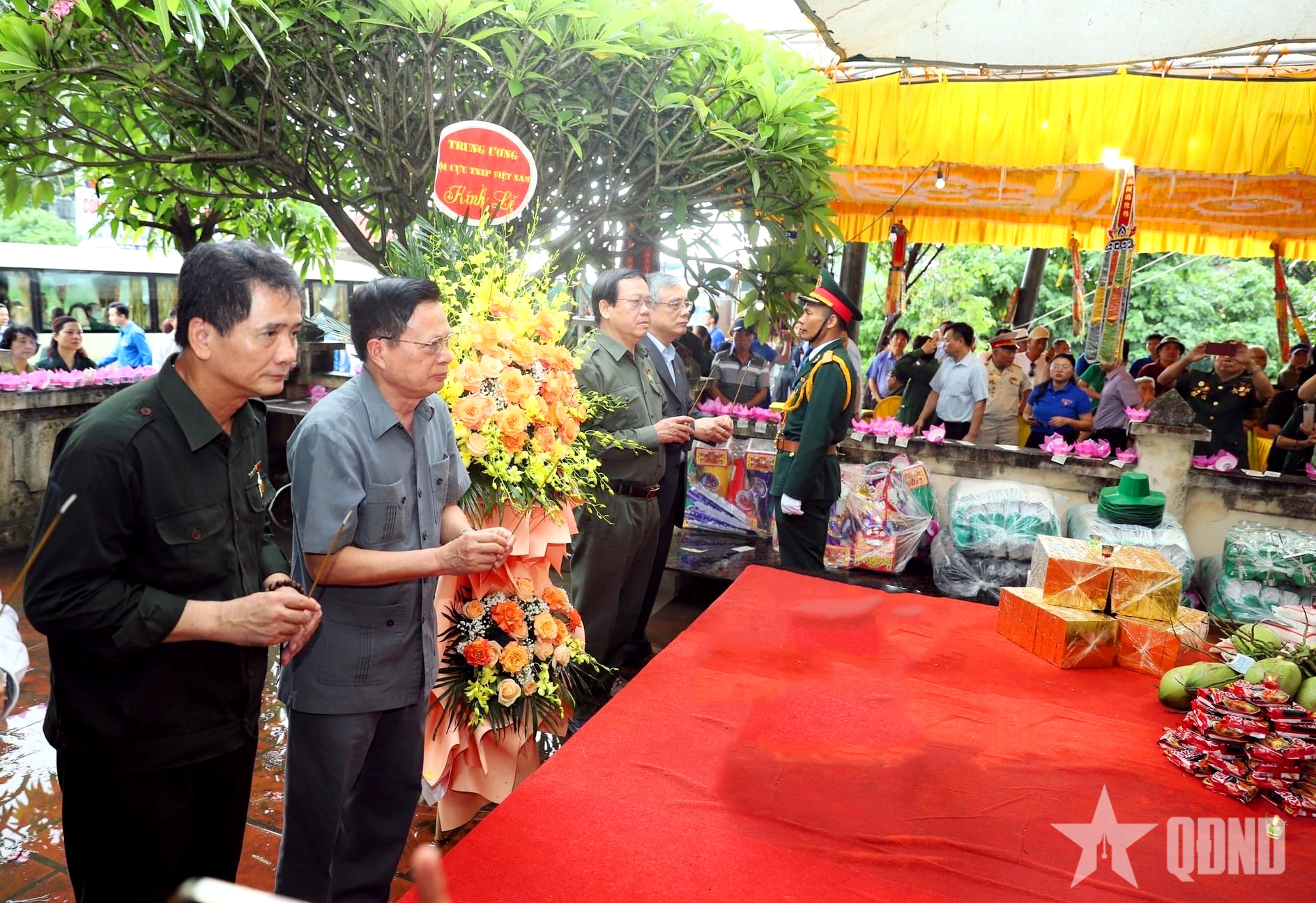
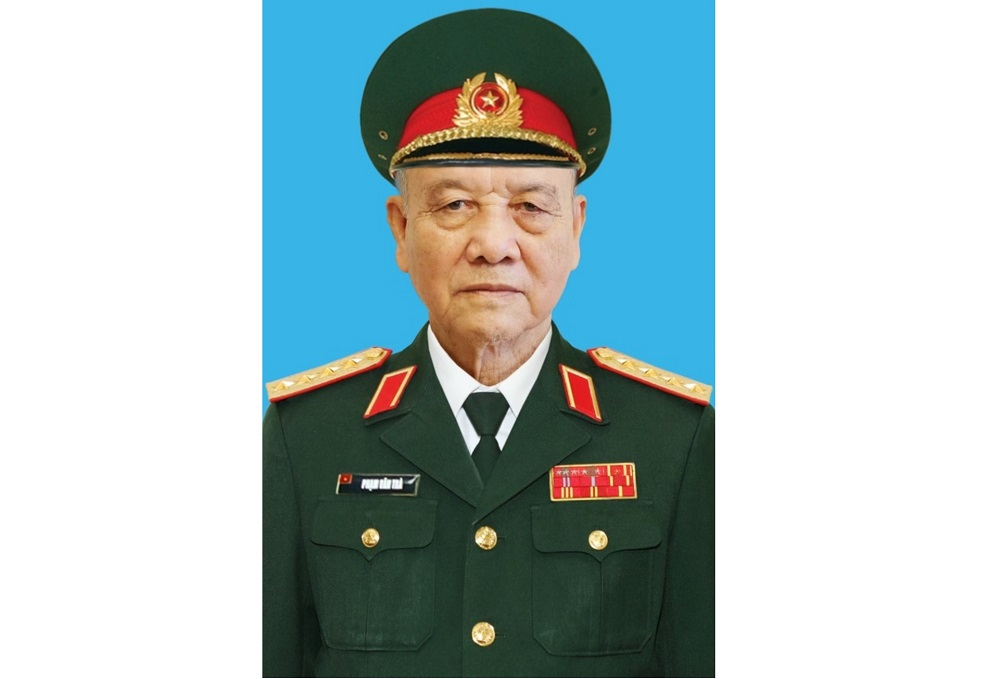
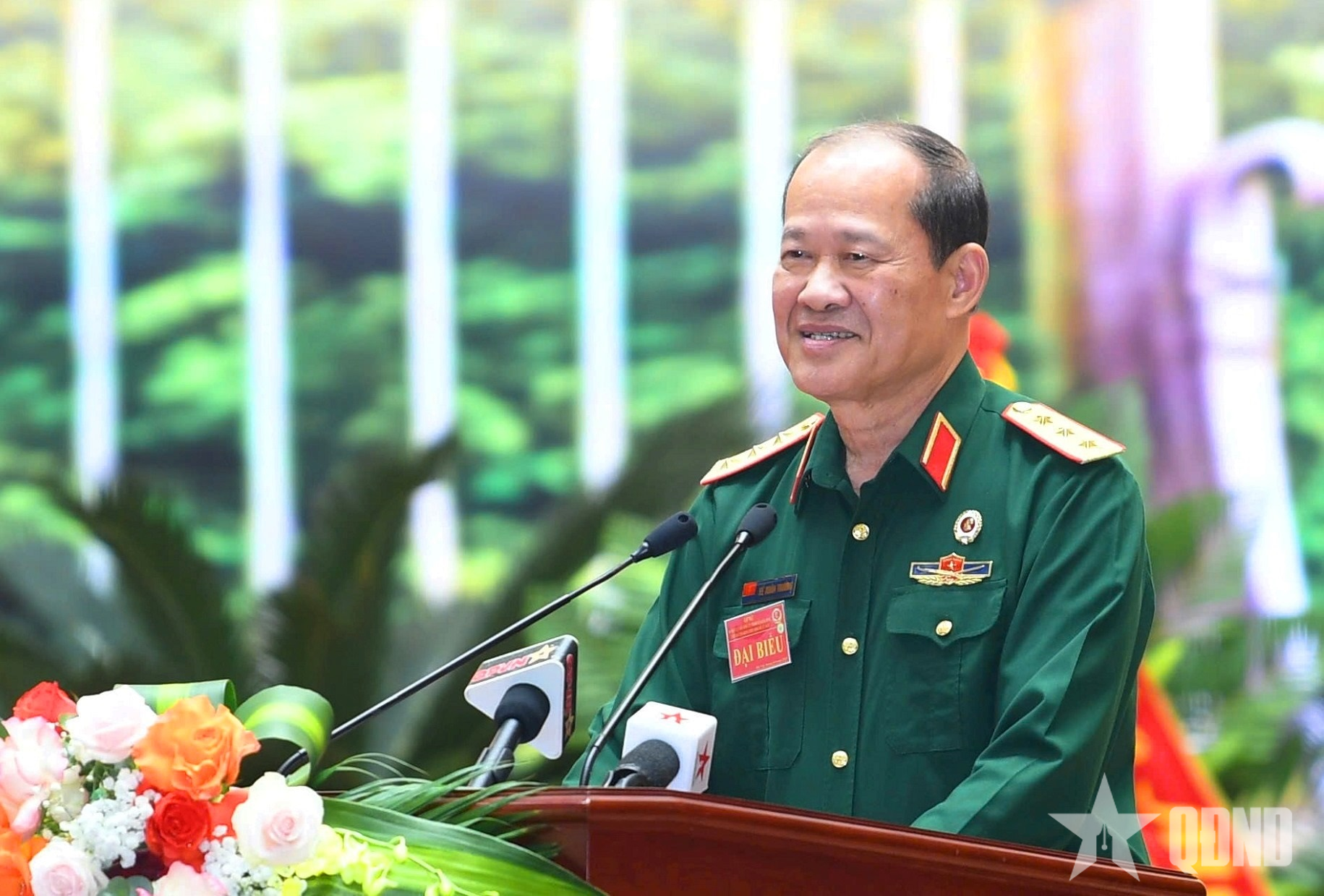













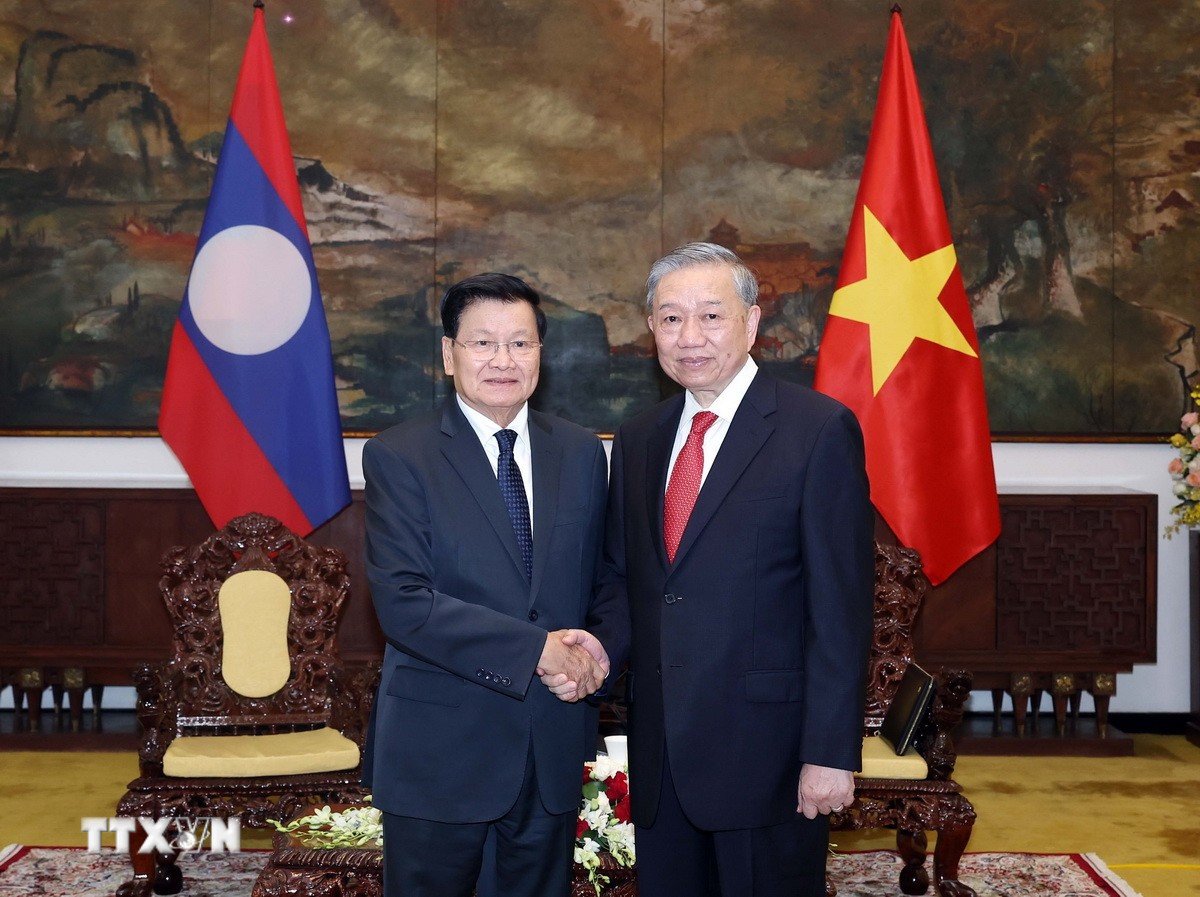







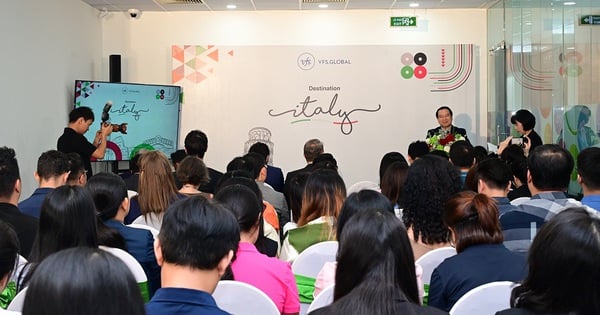

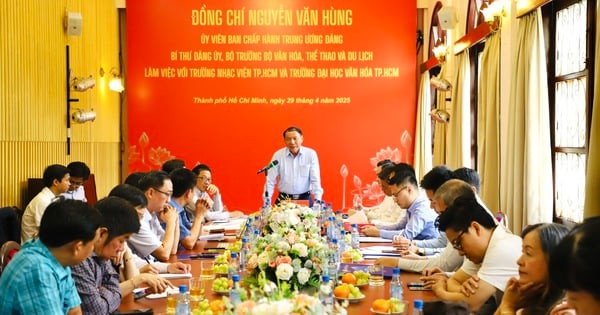
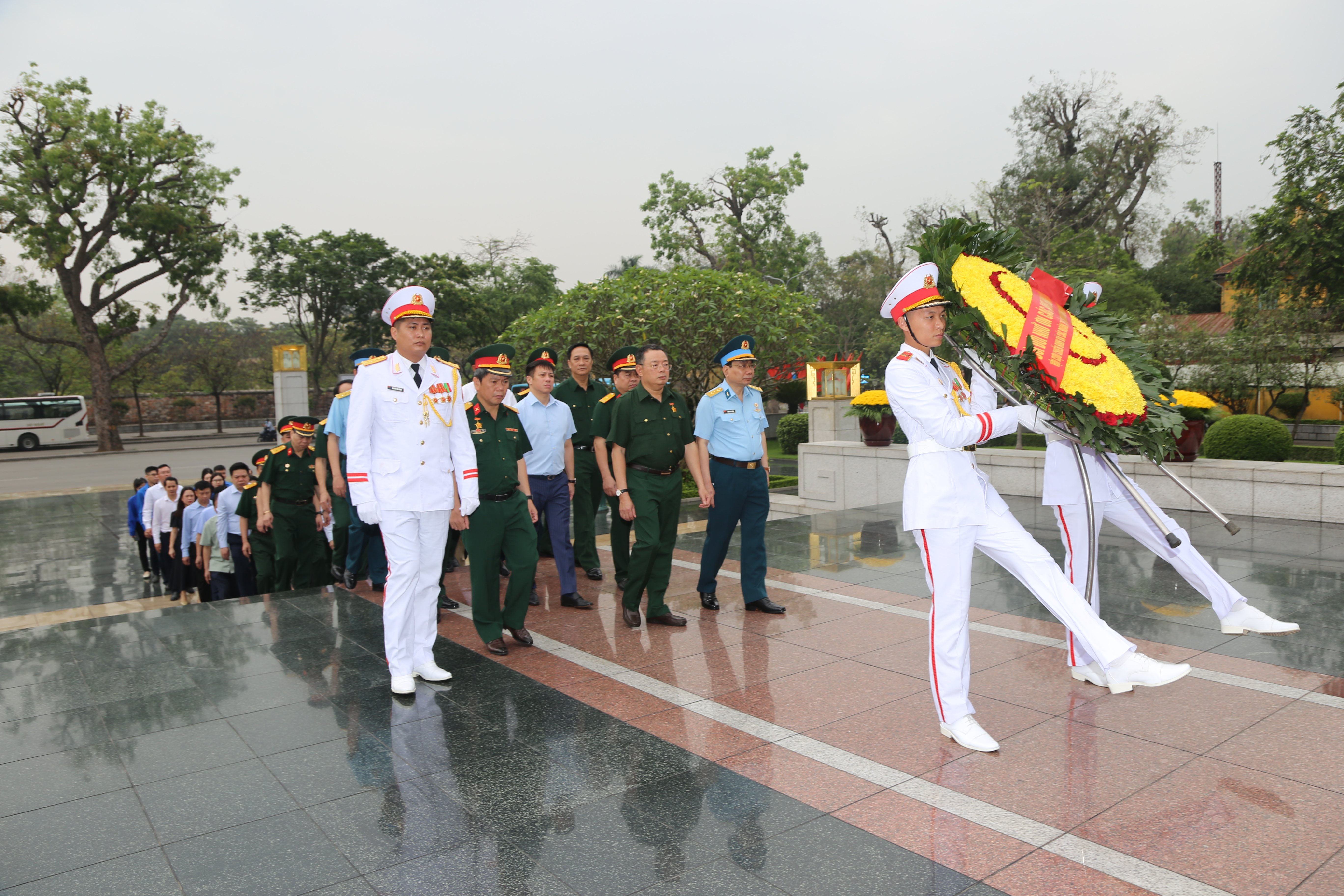


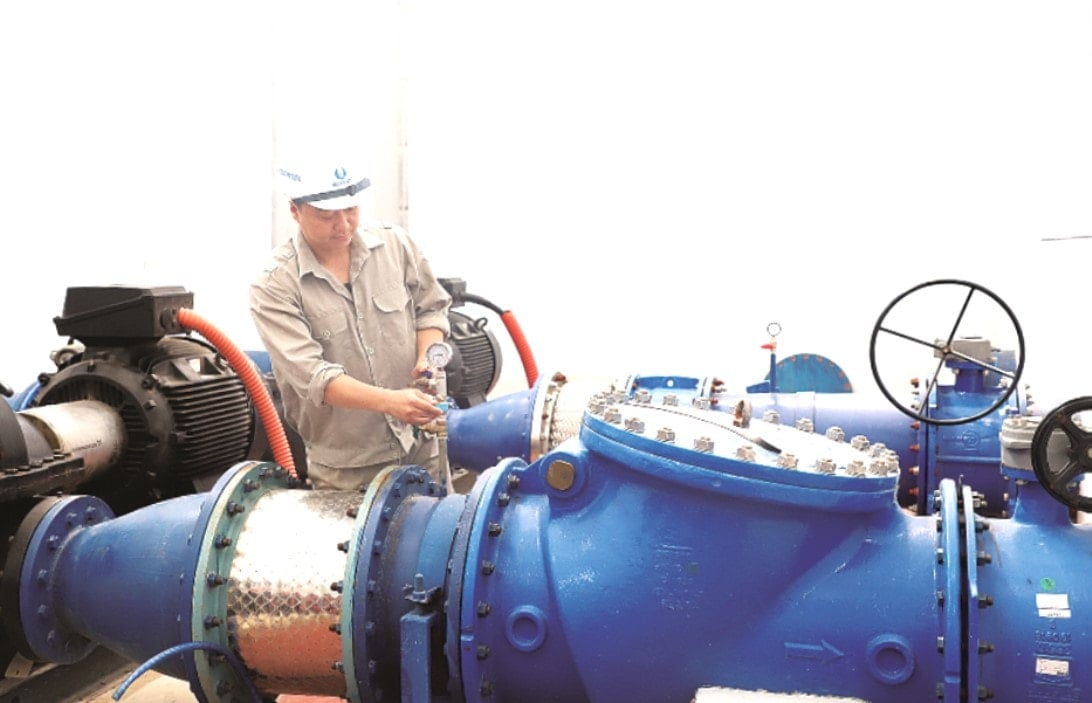



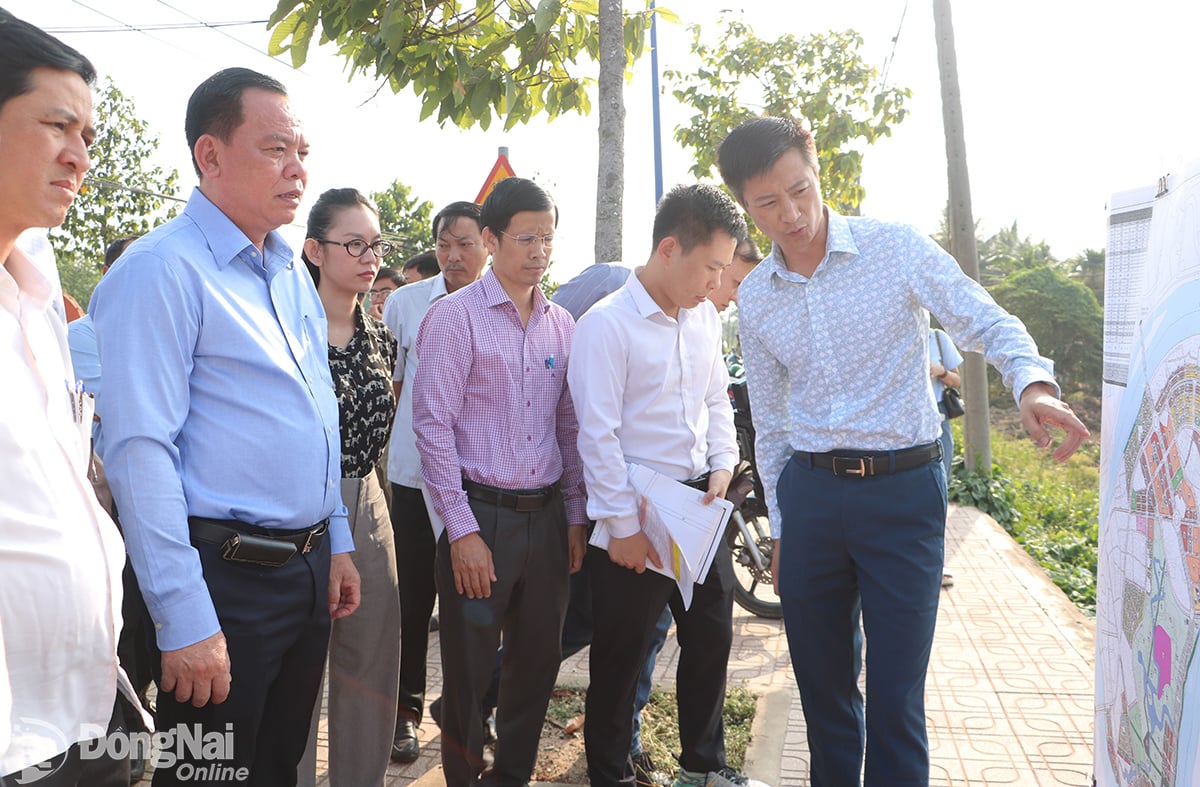
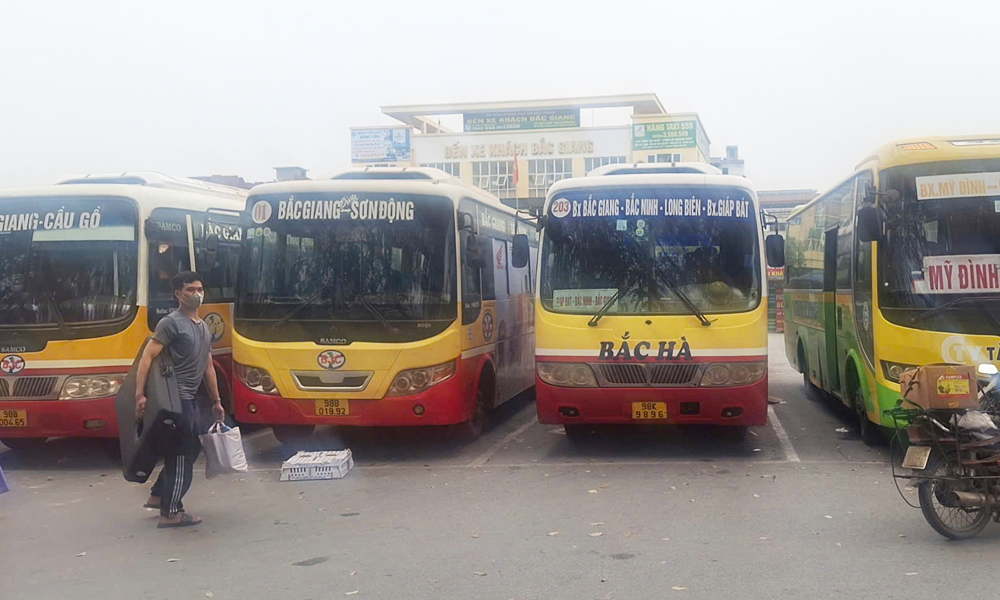










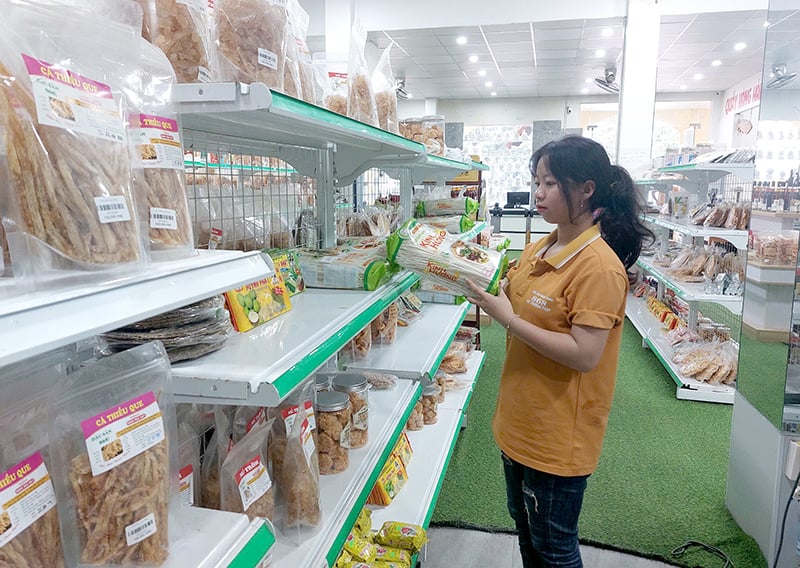

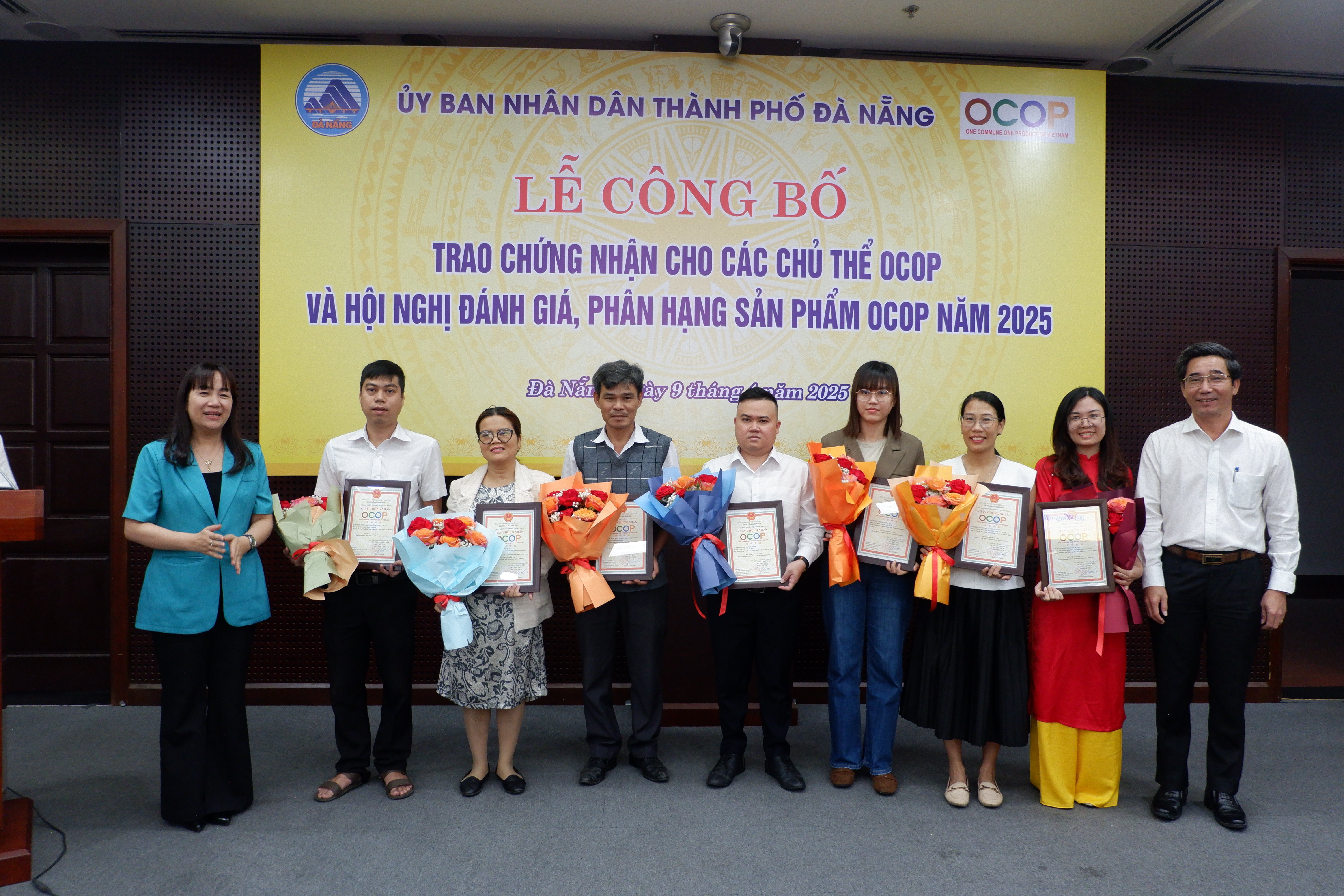

Comment (0)